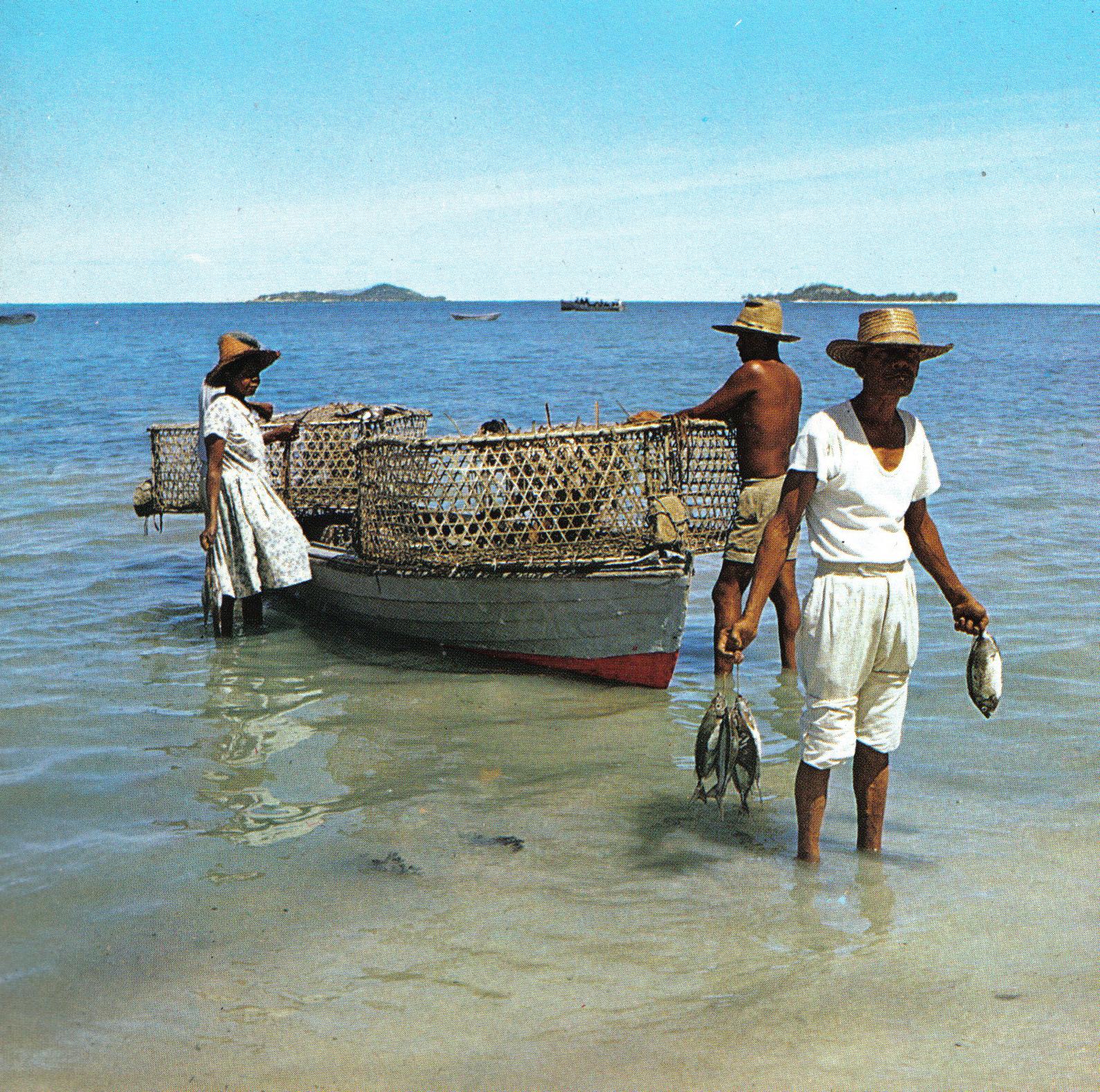Improved high-seas fisheries management could help vulnerable coastal fisheries deal with climate change
August 30, 2016

August 30, 2016

Closing the high seas to fishing could increase fish catches in coastal waters by 10 per cent, helping people, especially the most vulnerable, cope with the expected losses of fish due to climate change, new UBC research finds.
“Many important fish stocks live in both the high seas and coastal waters. Effective management of high seas fisheries could benefit coastal waters in terms of productivity and help reduce climate change impacts,” said lead author William Cheung, associate professor and director of science of the Nippon Foundation-Nereus Program at UBC’s Institute for the Oceans and Fisheries.
The high seas are areas of ocean outside the jurisdiction of any country and cover nearly two-thirds of the ocean’s surface.
Researchers used computer models to predict catches of 30 important fish that live in both the high seas and coastal waters stocks in 2050 under three different management scenarios: closing the high seas to fishing, international cooperation to manage fishing, and maintaining the status quo.
They found that both strengthening governance and closing the high seas to fishing increased the resilience of coastal countries to climate change, especially in tropical countries where there is a high dependence on fisheries for food and livelihood.
“The scenarios of closing the high seas may greatly reduce the issue of inequity of benefits and impacts among different countries under climate change,” said co-author Vicky Lam, a postdoctoral fellow at UBC’s Institute for the Oceans and Fisheries.
Climate change is expected to disproportionately impact countries in the South Pacific, Indo-Pacific, West African coast and west coast of central America. Previous UBC research shows that if carbon dioxide levels continue to rise on the current trajectory and the Earth warms, these countries could face a 30 per cent decrease in fish stocks as fish migrate to cooler waters.
“The high seas can serve as a fish bank of the world by providing the insurance needed to make the whole global ocean more resilient,” said paper co-author Rashid Sumaila, professor at UBC’s Institute for the Oceans and Fisheries and director of OceanCanada, one of the research funders. “By closing the high seas to fishing or seriously improving its management, the high seas can help us mitigate and adapt to the effects of climate change on marine ecosystems.”
The study was published today in Fish and Fisheries.
About the Nippon Foundation Nereus Program
The Nereus Program, a collaboration between the Nippon Foundation and the University of British Columbia Institute for the Oceans and Fisheries, has engaged in innovative, interdisciplinary ocean research since its inception in 2011. The program is currently a global partnership of six leading marine science institutes with the aim of undertaking research that advances our comprehensive understandings of the global ocean systems across the natural and social sciences, from oceanography and marine ecology to fisheries economics and impacts on coastal communities. Visit nereusprogram.org for more information.
This research was supported by the Nippon Foundation, the Natural Sciences and Engineering Research Council of Canada, and the Social Sciences and Humanity Research Council of Canada through the OceanCanada partnership grant project.
We honour xwməθkwəy̓ əm (Musqueam) on whose ancestral, unceded territory UBC Vancouver is situated. UBC Science is committed to building meaningful relationships with Indigenous peoples so we can advance Reconciliation and ensure traditional ways of knowing enrich our teaching and research.
Learn more: Musqueam First Nation